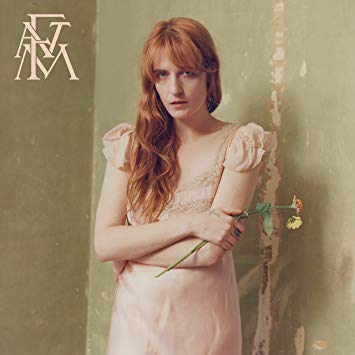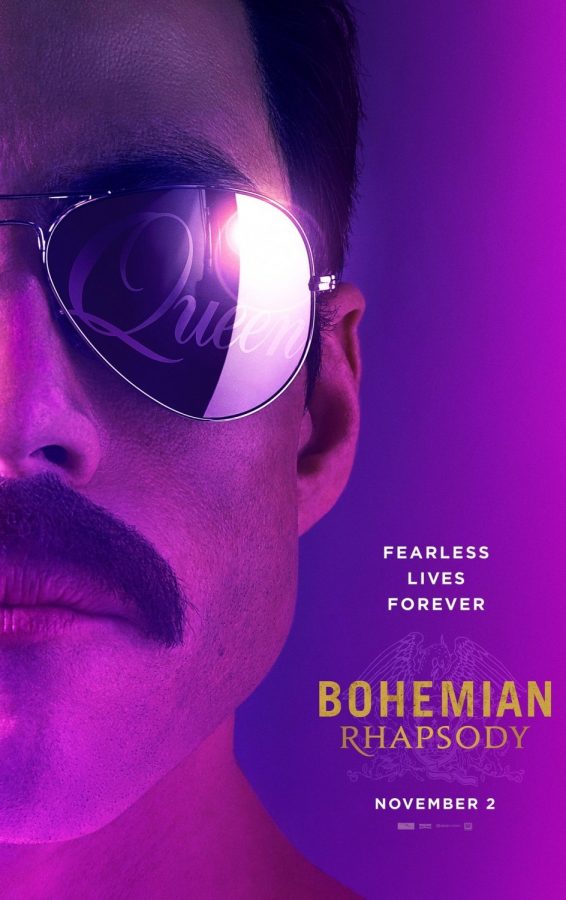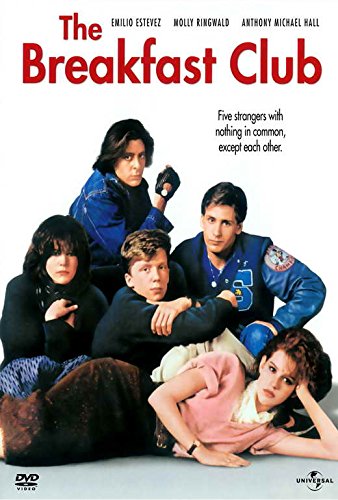Everyone has a first movie; mine was Shrek. I can remember the small theater in northern Maine, with walls painted full of trees and animals to my left and right. The massive images shouting out at me were frightening at the time, yet I was intrigued by their ferocity and vigor. And with each subsequent film, we forge new memories in the atmosphere that surrounds each film. However, my father wouldn’t let me waste all of my time on the bland, blank checks of the Disney Channel, however; with him, I watched tons of classic movies. He defined classics not as Pixar, Disney, and Dreamworks flicks—of which we watched our fair share—but films like Singing In the Rain, Bad News Bears, and Chitty Chitty Bang Bang. Fondly remembering these movies from his, he wanted to experience them with me and ultimately fostered in me a critical eye for film.
But I wasn’t easy to convince, and I considered these films boring and unappealing given their lack of Disney-vivid colors and energetic mania. My father thus turned to a “films for families book” to convince me to watch his “classics.” For that, I have Boston Globe film critic Ty Burr to thank.
The Best Old Movies For Families, a 2007 book by Burr, outlined the best classic movies to watch with kids, from films featuring Charlie Chaplin to King Kong. Each chapter covers a genre and provides examples and descriptions of what movies would be best to watch with children. For every movie, Burr provides reasoning for why each movie can and should be watched, along with at what age they would most be appreciated. Very few of the films referenced were released post-1970—these were the films my grandfather and father could have watched.
Earlier this year, I met Burr over coffee and spoke with him for an hour about how one can educate themselves and gain the experience of film criticism, especially as the current environment for critics is always refining itself in the face of emerging technologies and trends. I thanked him for inspiring in me a more articulate and critical eye for film today. That, he told me, was “exactly why I wrote The Best Old Movies For Families.”
But to truly understand today’s field of film criticism, I needed to know just how Burr himself entered it. Burr grew up in Brookline, MA, educating himself through early-morning reruns of Turner classics and coffee table books on film.
However, iconic The New Yorker film critic Pauline Kael would ultimately serve as the central source of Burr’s inspiration. She mentored many still-active critics—self-titled “Paulettes”—and would respond to the letters her fans wrote her, which Burr said he considered a major piece of what led him down the path to becoming a film critic.
After attending Dartmouth College and participating in a New York University film studies program, Burr took his first “real” job working for HBO as a movie researcher, later moving to their Cinemax division. After seven years at HBO, Burr realized he wanted to write about film outside of the purely business sense and turned to a job as a contributing writer for Entertainment Weekly.
Today, Burr works for the Boston Globe, writing movie reviews and other culture articles, many of which have received Pulitzer Prize nominations. He is a member of both the National and Boston Societies of Film Critics and recently wrote articles about the survivors of the Parkland shooting and the film Chappaquiddick, which takes a rough look at the Kennedy family dynasty.
His work is honest, reflecting true passion for what he does: simply put, he loves all things film. He is a critic who has seen the rise of a new cinematic age in which the internet can determine moviegoers’ choices. He and I both share a distaste for such practices—for instance, when people use Rotten Tomatoes to gauge what films are “good.”
Ultimately, Burr exemplifies what it takes to be a critic. He does not watch trailers—considering them just marketing gambits—nor read pre-release information before actually seeing the film—which he views as a “purist” practice. I have neglected trailers and promotional material in the past to avoid spoilers for such blockbusters as Star Wars: The Force Awakens or for The Avengers: Infinity War, but Burr does so for every film. His views on film awards became especially clear in my interview with him: he considers them largely unreliable in defining good movies. My gut, not the awards, should decree the films I watch, as well as my film education on such platforms as Twitter or Filmstruck. Such sophisticated, thought-out media should mold a moviegoer’s perspective, rather then nominations and accolades.
He explained to me, furthermore, the importance of viewing films a second time. The first viewing, he says, should allow viewers to develop a basic understanding of a film On a second viewing, however, you can look harder into the details, helping you create a more formative critique.
The same goes for where you see the movie; some films resonate more with certain demographics, which reflects the appeal for films like The Room, which relies on audience participation, and Black Panther, which can get differing audience reactions based on its diversity.
In that hour-long conversation with Burr about everything from animation to analysis, I learned more than I ever expected on being properly critical in film. Although my love for film is still in its infancy, initiative and self-determination to invest yourself in film, much like anything else in life, defines your commitment and allows you to turn your love into a profession.
Within the months between this article and our interview, I have applied Burr’s critical approach to my own film habits, entirely avoiding recent A24 trailers and going from superheroes into the filmographies of Hitchcock and Herzog. I keep a small, black Moleskine notebook in my back pocket whenever I watch a film, taking notes after viewing and recording all the movies I’ve seen and plan to see. To be a part of the next generation of film critics, the ones who will both curate the streaming options and critique for a wide audience, I must take an entirely different approach to how I look at a movie: one more open, nuanced, and informed than ever before.
Categories:
Film Fanatics: Watch and learn with critic Ty Burr
May 7, 2018
0
Donate to The Newtonite
More to Discover















































